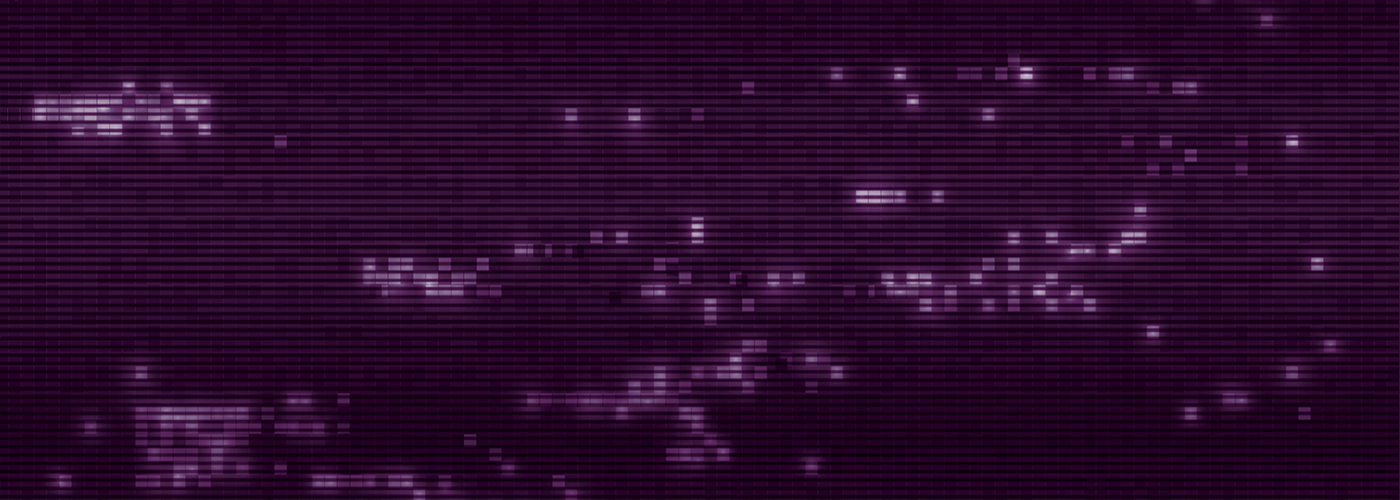- 01/17/2023
After building a Fidelity career across a number of traditional business units, he came to FCAT in 2017 to work full-time on blockchain and digital assets. But this constantly evolving space demands an unrelenting sense of curiosity about what lies around the corner.
“You have to be really passionate about the space to sustain the pace of it. You have to pick your spots, and find communities that can help you. I love talking with people and getting multiple perspectives. There are a lot of nights and weekends and multitasking, but it’s a friendly industry,” he said, laughing. “So I’ve got that going for me.”
As Head of the Blockchain Incubator in FCAT, he oversees the experiments and POCs that are driving blockchain innovation at Fidelity. Despite the inherent challenges, Jason sees the technologies as transformative not only for money, but for the human condition.
“Blockchain and digital assets are driving innovation across traditional financial services. Central banks around the world are exploring digital currencies and introducing stablecoins into their regulatory environments. But the technologies around credentials and identity authentication are improving as well. Decentralized identities and verifiable credentials can give people better access to their data. We need to make sure we have good tools in place to allow us to evolve with that digitization stream.”
Jason has worked for Fidelity since 2004. He lives with his wife, three kids, and two dogs in Southern New Hampshire.
Q: Sounds like you have a full house.
A: We do! You know, I’ve lived in New England my entire life. I grew up in Massachusetts and went to college in Vermont. I think living here has given me a good perspective for what I call the times of feast and famine.
Q: What do you mean?
A: I grew up in a blue-collar household. I was the first one in my immediate family to go away to college. My dad was head of the carpentry division for the Massachusetts State House. We had a lot of wooden toys as a kid. My mom worked as a cashier at a grocery store. My parents sacrificed to give us opportunities they didn’t have. Growing up, I learned a lot about having the right tools for the job, having it drilled into my head that you measure twice and cut once. And you always take care of your tools. I can’t tell you how many times my old man was just livid, that my brother or I had left a wrench in the driveway. Those experiences gave me an understanding of how things work, and how to construct things that last.
Q: How has that upbringing influenced your career?
A: My family had some lean times. But those give you the chance to ask questions: Are our priorities in the right order? What is our overall tactic, as opposed to a single strategy that gets us through the moment?
In the earlier days of the blockchain incubator, we spent a lot of time with the question, “Is this technology a hammer looking for nails?” We’d go through an ICO boom and bust, and have to ask ourselves: Was there anything material there, or was it just a series of capital raises and empty promises? We worked through those leaner times where there was less certainty around these technologies. Now the green shoots are no longer just shoots, they are yielding results. I feel like my background has given me an appreciation that sometimes the journey requires a longer road than you would like. But if you persist through the challenges, there are good outcomes ahead.
Q: Speaking of the early days of the incubator, why did you decide to shift your career to blockchain?
A: I ran fixed income and derivative operations at Fidelity during the global financial crisis, which gave me a front row seat to what was happening across the financial system. So much of it is interconnected, which brings systemic risks. Later I transitioned to running strategy operations and was constantly exploring the importance of data, and data being put into context to be information. I started digging into blockchain and distributed technologies around 2015. In my mind it was an opportunity to look at how we could manage operations differently and perhaps improve transparency and our understanding of systemic risks. I grew an appreciation for how this set of technologies might positively impact the human experience.
Q: Being in an FCAT incubator is different than working on one of Fidelity’s more traditional lines of business. How do you approach that?
A: I played rugby in college. If you’re not familiar with rugby, from the outside it can seem rough, but there is a very good flow to the game. Where it might seem chaotic, there is elegance — not unlike working in an incubator. Oftentimes in rugby the way you advance the ball is passing backwards and finding space. In my first couple of years in the FCAT Blockchain Incubator, I was focused on determining what makes for a good blockchain use case and what doesn’t. Then I discovered that if we came up with structures and frameworks, we could get the ball into open space and start making progress.
Being in an incubator is a bit of a rollercoaster; you really have to be willing to stomach the lows in order to take advantage of the highs. I have never been more intellectually challenged; we weave together such a broad spectrum of topics, from energy markets to technology architecture, economics, the regulatory environment. We work with a very, very, broad set of inputs and I’m thankful for that.
Tune in to the FCAT Crypto Brief every Tuesday on Apple, Google or Spotify.








